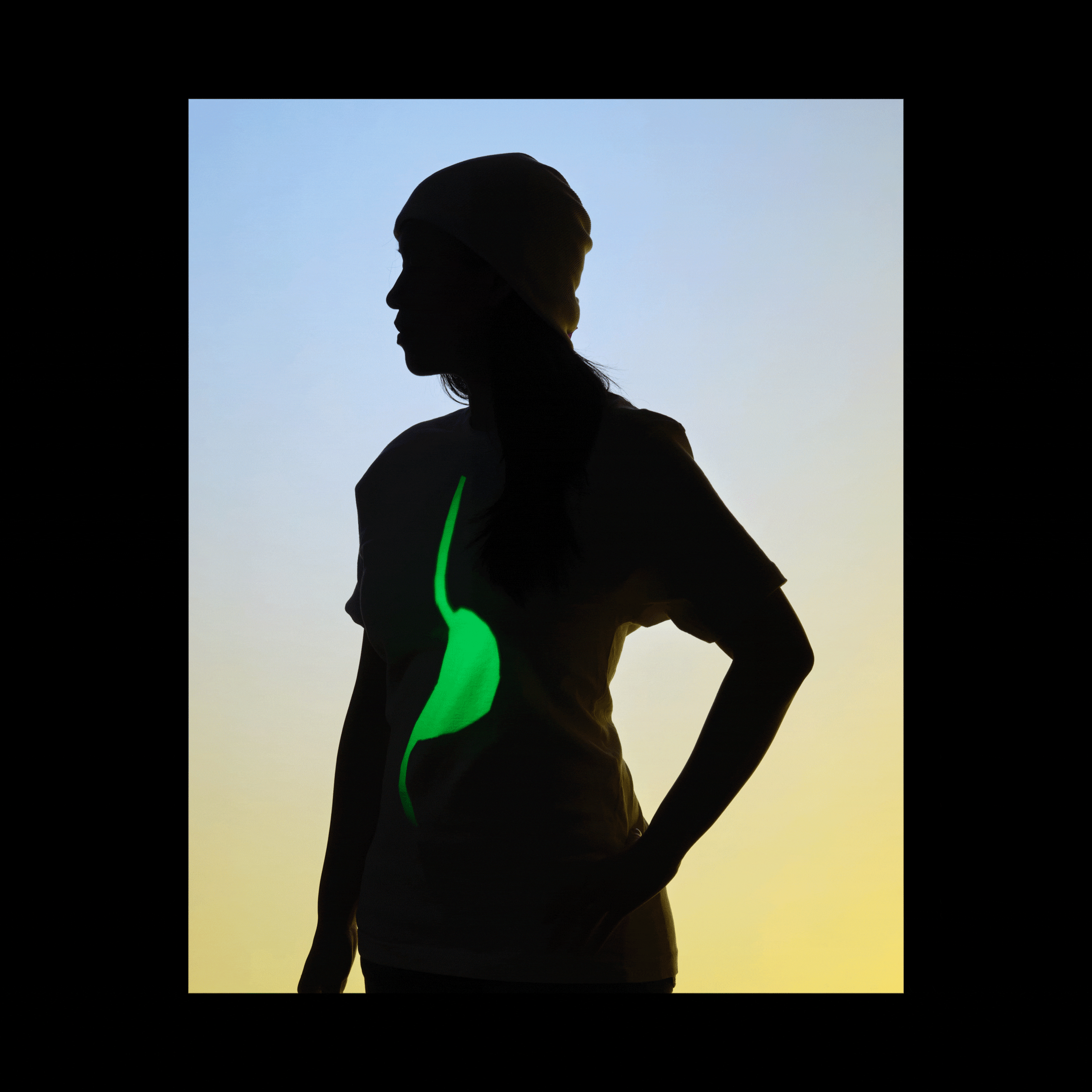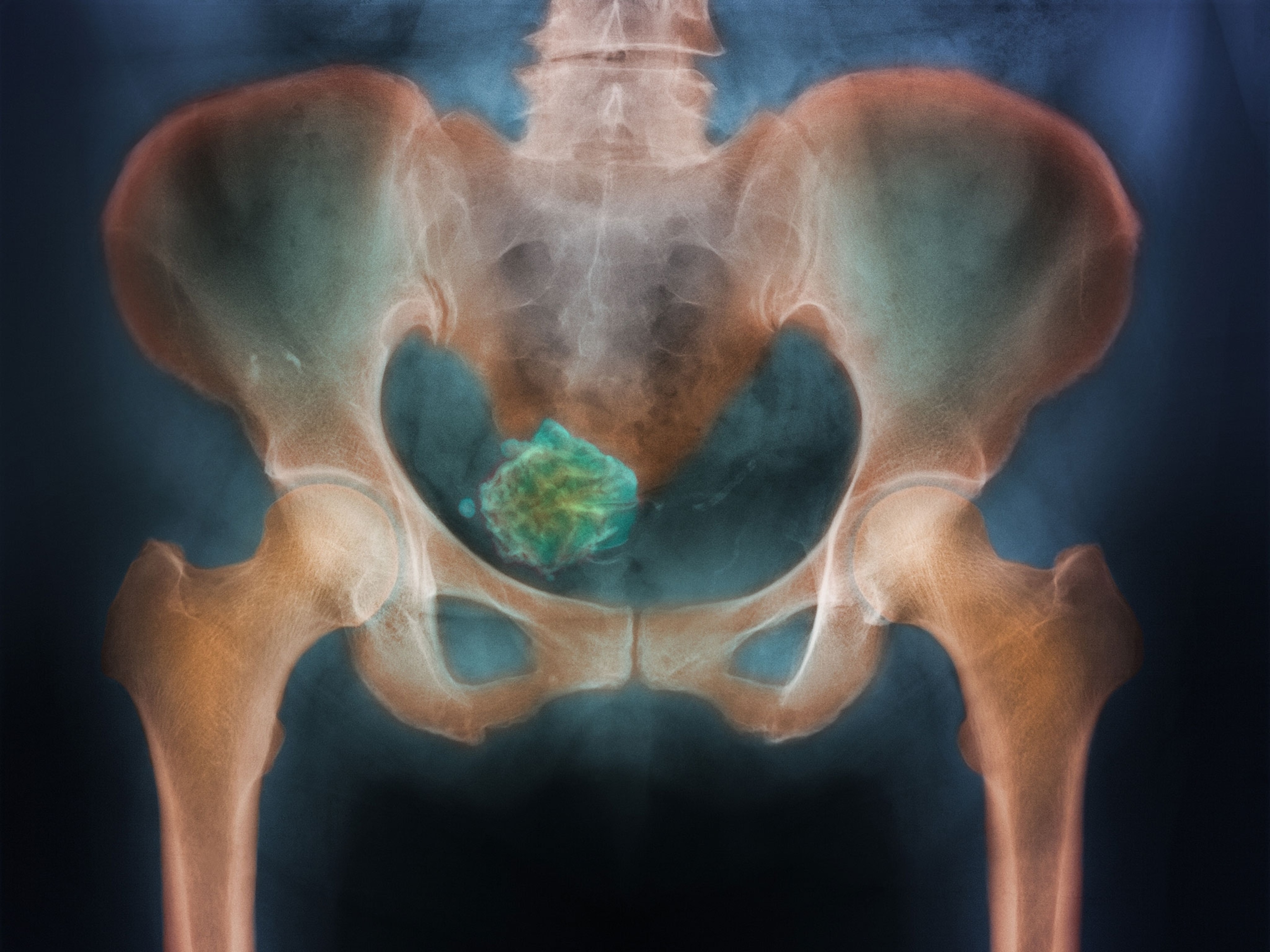This is the biggest health challenge women face in their 20s
Doctors say it's crucial to establish a healthy foundation in this decade for the rest of a woman’s life. Here's how to set yourself up for success.

Women’s 20s are typically a time of general good health, but they’re also an opportunity.
The habits women develop in this decade set the foundation for their health the rest of their lives. That includes establishing care with appropriate medical providers, learning about their family history of disease and risk factors, and becoming responsible for their health records, experts say. But it also means establishing healthy sleep, nutrition, and exercise habits and paying attention to use, and risks, of alcohol, tobacco, and other substances.
Find a primary care provider
Most pediatricians stop seeing patients between the ages of 18 to 21, so most women in their 20s need to find a new primary care provider.
“There’s no more important relationship aside from your loved ones than the one you develop with a clinician,” says Stacey Rosen, a cardiologist at Northwell Health in New York. “Establishing these relationships when you’re young and presumably healthy is the most important thing you could do as a young person.”
A woman’s PCP could be an internal medicine doctor, a nurse practitioner or an OBGYN, but if it’s the latter, she’s entitled to expect more than just a pelvic exam at her visits, Rosen says. “Get a doctor you trust who knows that all your body parts are connected.”
Most people know the basics of living healthy: eat and sleep well, exercise, schedule an annual check up, and get the recommended vaccinations. But keeping up with self-care plus getting screenings for cancer and other diseases can be daunting. “Health” also varies for women at different stages of their lives. So, we’re bringing you a women’s health series that covers the most important health issues for women in each decade. Here is the third of those, reviewing where women in their 20s should be putting their focus to live their best, healthiest life.
Given the current shortage of primary care doctors, it can feel daunting to find one you trust after leaving your pediatrician, says Yul Ejnes, an internal medicine physician based in Cranston, Rhode Island. “Making that transition can be challenging,” he says, but he recommends starting by asking friends and family for recommendations. Then, expect to spend some of that first visit providing a family and personal history, sharing any current health concerns, and sharing information about your hobbies and habits.
If you don’t already have a dentist and eye doctor, this is also the time to find a dentist for regular check-ups and cleanings and to get a baseline eye health assessment.
Establish healthy habits
Two of the biggest healthy habits to focus on are nutrition and physical activity.
Healthy eating habits include consuming plenty of fruits, vegetables, and lean proteins in your daily diet and minimizing how much highly processed food you eat.
Physical activity recommendations for adults include at least 150 minutes of moderate-intensity or 75 minutes of vigorous activity each week, plus resistance training or some other muscle-strengthening activity twice a week.
“There’s cardiovascular health activity, and then there’s bone and joint health activity, and you want to do both—they’re not interchangeable,” Rosen says. A half hour each weekday gets you to 150 minutes, but you don’t have to start out there if you do very little. Some activity is better than none.
Next, be sure you’re getting enough sleep.
“Twenty-somethings have a tendency to think that they don’t need sleep at all,” Rosen says, but that’s not the case. Healthy sleep habits in your 20s become lifetime habits, and inadequate or poor-quality sleep is a “quiet, unspoken cardiovascular risk,” she says.
(You may be overlooking this nutritional powerhouse. You shouldn't.)
Finally, don’t forget about skincare, including sun protection to reduce risk of skin cancer. Everyone should apply a sunscreen of at least SPF 30 any time they will have direct sunlight exposure, including in a car, on public transit or in an office with direct sunlight coming through windows, says Michael Cameron, a dermatologist at Mount Sinai Medical Center.
Protecting yourself against the sun’s UV rays also slows aging of your skin. You can further offset sun damage to the skin by applying an over-the-counter retinol (vitamin A) cream each evening after using a gentle cleanser, and a vitamin C serum each morning.
Family histories and cancer risk
Much of your future health risks will depend on what genetic variations are written in your DNA and this is the time to figure that out.
“Putting together your family history with regard to whether your risk for different conditions is high, low or medium is really important in your 20s,” especially while your parents, and possibly your grandparents or even great-grandparents, are still living, Rosen says.
A wide range of cancers—melanoma, colorectal, breast, ovarian, pancreatic, and much more—run in families. This decade is your best chance to learn about your risk for those as well as diabetes, heart disease, mental illness and Alzheimer’s. The CDC and the National Library of Medicine have guides on collecting a thorough family medical history.
(Colon cancer is rising among young adults. Here are signs to watch for.)
Based on what you learn about your family history, you may want to meet with a genetic counselor to discuss whether you should be tested for genetic variants that can increase risk of certain cancers. Even if you don’t opt for genetic testing, your 20s is also when to begin understanding your risk of breast cancer. It’s the most common cancer in women besides skin cancer, but risk varies widely depending on genetics, lifestyle, and other exposures.
Sexual and reproductive health
If you only regularly see one doctor in your 20s, it should be an OBGYN, because many health issues that arise decades later stem from sexual and reproductive health.
“Even if it’s happening with your reproductive organs, it can have an impact on your heart and brain health in the future,” Rosen says.
Irregular menstrual periods, for example, may necessitate screening for polycystic ovary disease, which predicts a higher risk of earlier heart disease, Rosen says. Getting your first period early or late and your use of hormonal contraceptives can affect future cardiovascular risk too. Further, anything that happens during pregnancy, whether it’s gestational diabetes, hypertension, pre-eclampsia, pregnancy loss, or early term deliveries, is linked to later heart disease risk.
Cervical cancer screenings begin in your 20s, starting with a Pap smear, or cervical cytology, every three years. But exams in those other years are also an opportunity for: pelvic exams; mental health screenings; contraception counseling; discussions on family planning and breast cancer risk; possible physical breast exams; and screenings for sexually transmitted infections.
Testing for STIs “should be individualized based on risk factors and how many sexual partners a person is having unprotected sex with,” says Sarah Pachtman, an OBGYN and maternal-fetal medicine specialist at North Shore University Hospital and HealthyMamaDoc on Instagram. Annual STI screening is wise, but more frequent screening may make sense for some people.
If you don’t want to become pregnant, discuss your contraceptive options with your doctor, Pachtman says. The more effective it is and the easier it is to use, the more likely you are to use it regularly and correctly.
“Contraception only works if you use it the right way every single time,” she says. The most effective is long-acting contraception, such as IUDs, and Pachtman recommends women ask for pain control during IUD insertion. “Every pregnancy is dangerous to some extent, and taking birth control is safe.”
If you do want to become pregnant, see your OBGYN before to discuss how to optimize your health before pregnancy, Pachtman says.
“A healthy lifestyle program before pregnancy is how you can best an achieve a healthy pregnancy,” she says. “Everyone has something they could do better.” It’s also important to begin taking prenatal vitamins, or at least a folic acid supplement, long before you start trying to conceive. “You need to have proper folic acid levels in your bloodstream before you miss a period for it to help prevent neural tube defects,” Pachtman says.
If you have an unplanned pregnancy you intend to keep, your first visit should be at eight to 10 weeks of pregnancy for fetal screening. Also be sure you get the recommended vaccines during pregnancy, which include flu and COVID vaccines and Tdap—a pertussis vaccine to prevent whooping cough in your newborn—as well as the new RSV vaccine to prevent respiratory syncytial virus in your baby.
Your OBGYN or other primary care provider should also be asking about your mental health and stress levels. Although various societies have different depression and anxiety screening recommendations, Pachtman doesn’t think they’re sufficient. She asks patients about depression and anxiety symptoms, risk of intimate partner violence, and substance use at every visit.
General wellness and vaccinations
Finally, there’s everything else, much of which relates to your general metabolic and heart health.
“All of the things we do to optimize heart health also work for brain health, and it all starts in your teens and 20s,” Rosen says.
That means looking after your mental health, managing stress, and seeking care for depression or anxiety symptoms. It also means prioritizing oral health. Many people don’t realize that periodontal disease can increase cardiovascular risk, but twice annual dental cleanings are also an opportunity for brief cancer screenings. About 75 percent of neck and neck cancers start in the mouth, but it only takes a few minutes for a dentist to look for any suspicious lesions.
Blood pressure should be checked every two years unless it’s not normal—below 120/80 mmHg—in which case it’s checked every year. Women’s cholesterol, or lipids, should be checked at age 20 and then every five years, but if it’s not normal or there’s a family history of high cholesterol, screening should be individualized.
Although screening for diabetes is typically recommended to start in the 30s, earlier screening is a good idea for those with risk factors: having obesity, a family history of diabetes, or being Latina, Native American or Pacific Islander, since those ethnicities have a greater risk.
“Even if it’s not guidelines-based, I would not wait until somebody’s 35 if they’re in a high-risk ethnic group,” Rosen says.
The human papillomavirus (HPV) vaccine prevents infections with the virus that causes five types of cancer in women—cervical, oral, vaginal, vulvar, and anal cancers—and is recommended for everyone through age 26, but you can get it after 26 as well.
If you did not receive all the childhood vaccines recommended by the CDC, your 20s is a chance to get caught up, including the hepatitis B vaccine and the annual flu and COVID vaccines.
“Flu still causes severe disease even in young people,” Erica Johnson, an infectious disease physician at Johns Hopkins medicine, says, but that’s not the only reason to get the annual flu shot. “Part of the benefit of getting the flu vaccine each year is helping to build immunity to influenza changing over time” since the virus regularly evolves from year to year.
The most common reason gastroenterologists see women in their 20s is irritable bowel syndrome, Rajeev Jain, a gastroenterologist at Texas Digestive Disease Consultants, says. Rectal bleeding or blood in the stool, or changes in bowel habits, such as chronic diarrhea or constipation or changes to the shape of stools, mean you should see a doctor, Jain says. “Just as women should feel comfortable talking about gynecologic issues, they should be comfortable talking about bowel and gut issues with their doctor,” he says.
Read our whole series
• This is the biggest health challenge women face in their 30s
• This is the biggest health challenge women face in their 40s
• This is the biggest health challenge women face in their 50s
• This is the biggest health challenge women face in their 60s








